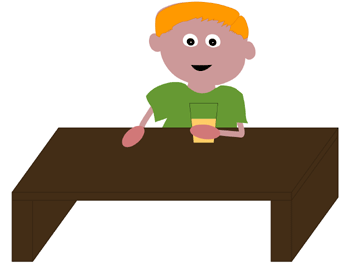Our Relationship with Alcohol
Posted on: 16 August, 2018 by Theresa McGee
According to WHO (the World Health Organisation) alcohol is responsible for around 3.3 million deaths every year which is almost 6% of all deaths. This is a shocking statistic! Most alcohol-related deaths result from injuries, cancer, cardiovascular diseases and liver cirrhosis. There is also the danger of alcohol poisoning when people misjudge the effects of alcohol on their mind and body as well as the danger of developing a dependency on alcohol which can lead to alcoholism. And alcohol not only affects a person’s health but also has a big impact socially and economically not to mention the psychological effects of alcohol. Some of the other major effects of alcohol include:
- Stomach ulcers, gastritis and liver disorders
- Depression — alcohol is a depressant
- Memory loss
- Aggression and violent behaviour — often leading to crime
- Car accidents and accidents at work or in the home
- Relationship issues and marriage problems

Cheap alcohol is widely available and can be bought in pubs, off licences, supermarkets, corner shops, petrol stations — in fact it is difficult to avoid alcohol because it is everywhere. It is also socially acceptable to drink and there are many occasions when people expect to have alcohol provided including birthdays, weddings, christenings, Christmas and New Year, hen parties and stag dos — all involve drink. It is inevitable that it takes its toll on society and the number of accidents where alcohol was a factor is rising. The WHO estimates that the risk of suicide also increases eightfold when a person is abusing alcohol so there is a link between alcohol and suicidal thoughts.
What can be done to address these issues? The first step is education — we need our governments to invest in programmes to raise awareness of the problems alcohol can cause. We also need a determined effort to promote healthy life choices and limits imposed on the marketing and promotion of alcohol. Schools can play a big part in educating young people to the risks associated with alcohol and the dangers that can lurk inside those colourful bottles and cans. Parents and guardians can also contribute by explaining some of the issues that can arise when people drink, even relating some of their own experiences with alcohol.
Finally, we also need to honestly examine our own attitude to alcohol and break the cycle of acceptance attached to our drinking culture and overindulgence in alcohol. Alcohol misuse is a complex issue, but together we can work together and take steps to reduce its grip on society.



